What to Do About a Concussion
Although there are a few funny phrases that indicate the sensation of getting hit in the head — “That really rang my bell!” or “That had me seeing stars!” — head injuries are no laughing matter. And when the blow is hard enough to alter your brain function, it’s called a concussion, a traumatic brain injury that needs medical attention.
If you get hit in the head, even if you don’t have any immediate symptoms, it’s smart to see Dr. Perry Wiesman at WiseCare Urgent Care in Pasadena and Severna Park, Maryland. He can assess your injury and let you know if you have a concussion or not, and if so, how to proceed safely. Here’s what you need to know about concussions.
How concussions happen
Anytime your head hits something hard, or something hits your head hard, it can result in a concussion. Falls are common culprits. Sports injuries often cause concussions when players collide or a piece of equipment hits you in the head. Car accidents can also lead to concussions if your head hits the steering wheel, window, or dashboard.
Inside your concussed head
Your brain is a gel-like blob floating around in a pool of cerebrospinal fluid. When you experience minor bumps and jolts, your brain sloshes back and forth a bit but is cushioned by the fluid, so you don’t experience any damage.
But when you hit with great force, your brain slams through the protective fluid and hits the inside of your skull. This explains why concussions can occur even if your head doesn’t come into direct contact with an object — all it takes is a hard shake, which is why babies can easily suffer a concussion if you shake them to stop their crying, and why football players can get a concussion even though they wear helmets.
The violent action bruises and inflames your brain causing symptoms, such as:
Nausea or vomiting
Headache
Ear ringing
Drowsiness
Visual disturbances
Confusion
Short-term memory loss (can’t recall details of the accident)
Slurred speech
Temporary loss of consciousness
In some cases, a concussion can lead to bleeding in the brain, either immediately or days later. This is a life-threatening complication that could be fatal, so it’s critically important to seek medical attention after any head injury.
What to do after you get hit in the head
Not all blows to the head result in a concussion, but self-diagnosing is never a good idea. It’s even more challenging to tell if your baby has a concussion, so a professional examination is necessary.
Call 911 if you notice:
Loss of consciousness
Severe bleeding
Blood or fluid leaking from ears or nose
Large pupils
Repeated vomiting
A headache that keeps getting worse
Vision or hearing impairment
Pale complexion
Weak limbs
Slurred speech
Seizures or convulsions
This is only a sampling of the possible symptoms of a severe traumatic brain injury, so if you’re in doubt, get help.
If it’s not a life-threatening emergency, timely care is still critical and available to you here at WiseCare Urgent Care. Dr. Weisman carefully examines you to assess the extent of your head injury, determines whether you have a concussion or just a minor bump and suggests the proper course of treatment.
An ice pack and some acetaminophen (Tylenol) may be all you need to ease the pain and recover from a minor blow. But don’t take aspirin or ibuprofen (Advil), as they can increase bleeding, which may be an internal issue, even if you see no blood.
If you have a concussion but no life-threatening complications, he sends you home with a strict order to rest your brain. That means eliminating activities that require your attention and concentration, including texting, reading, watching TV, using the computer, etc. You don’t need to sit in a dark room, but you need to take a substantial break from electronic screens and the written word.
During a follow-up appointment, Dr. Weisman checks your progress and monitors any other symptoms you may have had, or that may have cropped up since the accident. His skill and experience qualify him to detect signs of danger you may not notice, so it’s crucial to keep your appointments until your head has healed.
If you sustained a blow to the head, you might have a concussion. The only way to know for sure is to see Dr. Weisman. Contact us by phone or online or walk-in at your convenience. We’re here to help when you need us.

